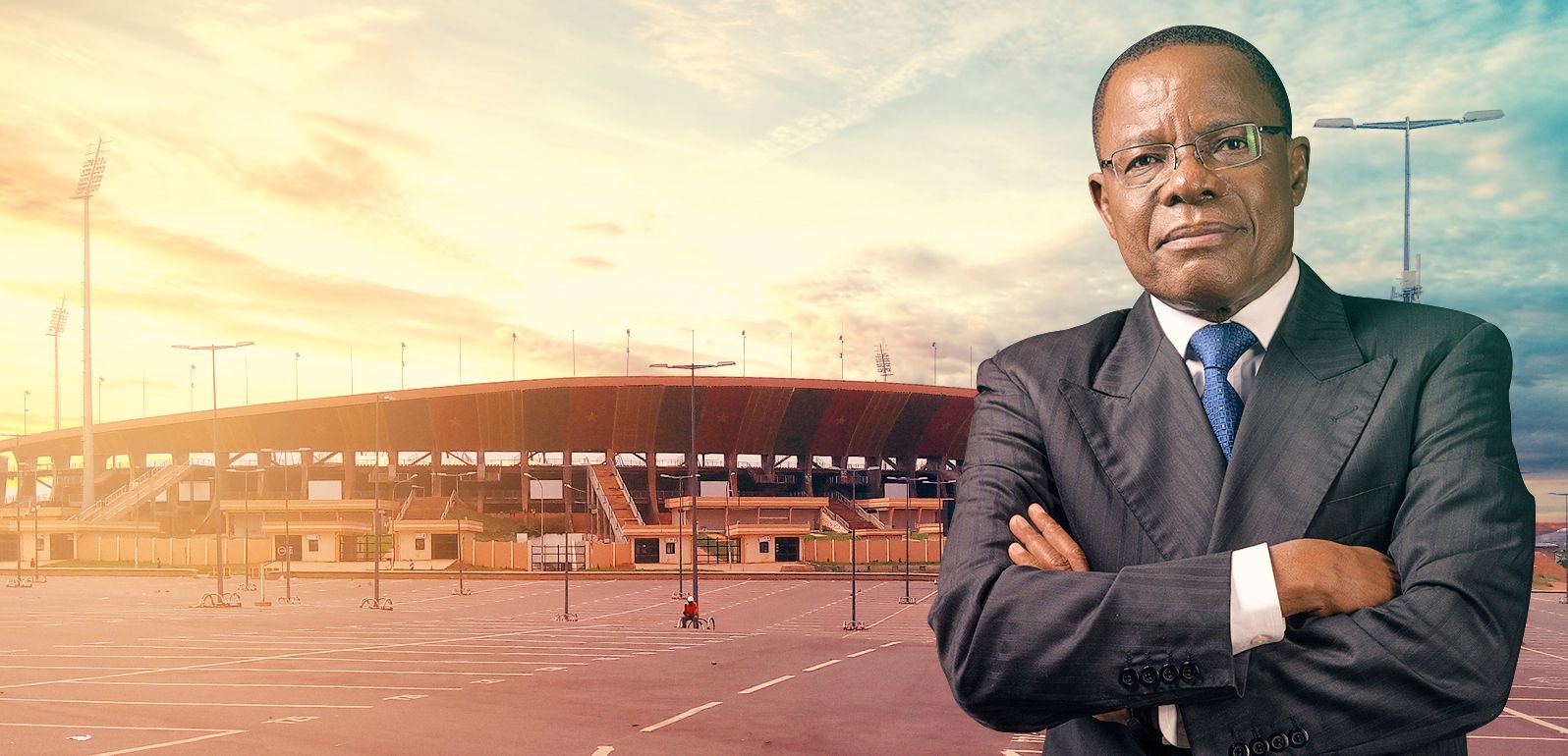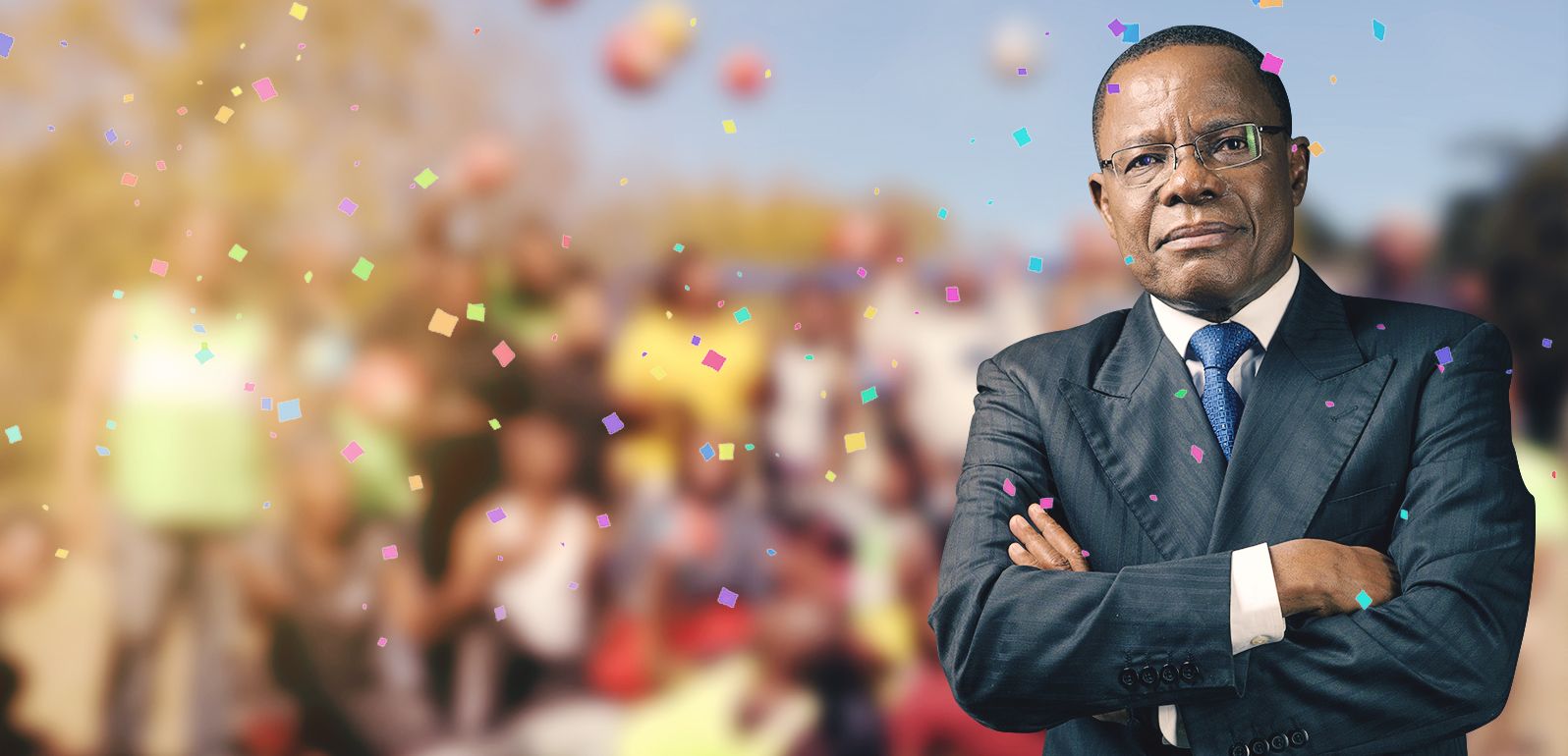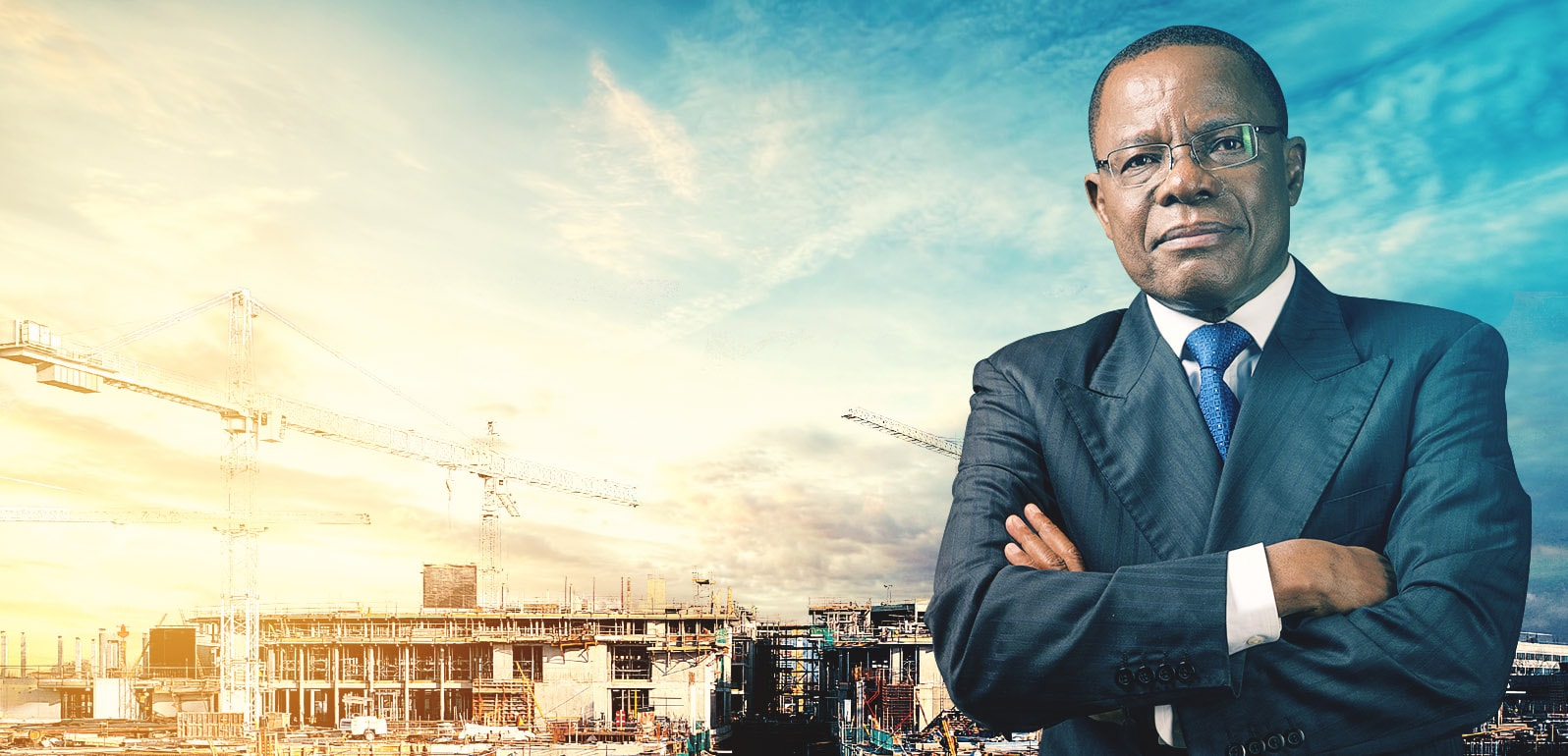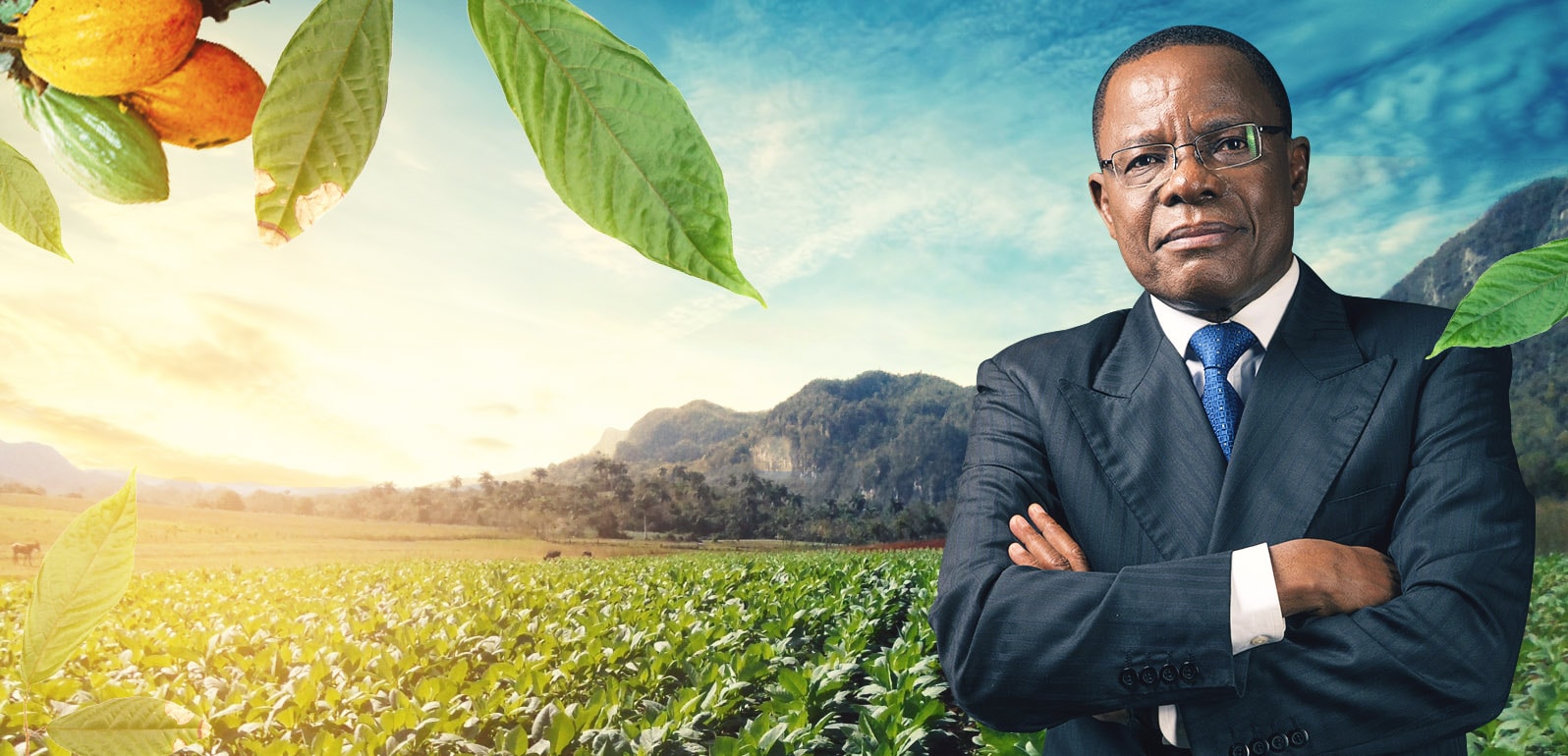Economy
Our main objectives are:
- Increase production and productivity in all sectors of production (including agriculture, livestock, industry).
- Achieve double-digit growth.
- Enter the Top 50 of Doing Business and be among the top 10 African countries that attract the most foreign direct investment (FDI).
An attractive and competitive economic environment
Our main economic objectives are:
- Make the Cameroonian economic environment attractive for domestic and foreign investors;
- Establish a national growth plan;
- Significantly increase the number of Cameroonian companies in parallel with a progressive formalisation of the
informal sector; - Strengthen the Cameroon Stock Exchange (DSX) to make it a real instrument for financing the national economy;
- Mobilise national savings for the financing of the economy;
- Mobilise the savings of the Cameroonian diaspora for the financing of the economy;
- Review international agreements that could be obstacles to the country’s economic development.
We will make Cameroon an attractive environment for domestic and foreign investors that the country needs so
much to implement its development strategy, the goal being to bring the country into the top 50 of the best economic
environments of DOING BUSINESS. To this end, we will take a set of measures such as:
- The ruthless fight against corruption;
- Good governance;
- The reduction of the scriptural money share in the economy;
- The encouragement and enhancement of electronic exchanges for billing and payments;
- The simplification of taxation in order to make it more readable;
- The establishment of a land policy to allow secure access to land ownership;
- The definition of a spatial planning strategy;
- The creation of the infrastructure and equipment required for the economic take-off of the country;
- The reform of the education system with a view to emphasising technical education and vocational training;
- The introduction of real social security with minimum health insurance for all;
- Increased productivity in our businesses and administrations;
- The modernisation of economic governance
Organisation, work and discipline
In close collaboration with trade unions, we will set up a national awareness and training programme and we will
work on the issue of the flexibility of labour law, including the weekly working time. The 40-hour week must be a legal minimum that can be extended to 50 hours depending on the branch and the period of activity, on the basis of negotiations between the different actors of the labour market. This is one of the conditions of our country’s attractiveness to foreign direct investment (FDI) and the competitiveness of our companies.
From informal to formal
- We will encourage and stimulate the creation and growth of SMEs and VSEs as the main providers of jobs;
- We will value experiences that have shown their ability to generate stable and profitable jobs. In this perspective,
- We will encourage young people from the informal sector to get started, the aim being to enable them to have a stable and remunerative activity;
- We will value experiences that have shown their ability to generate stable and profitable jobs;
- We will proceed to a concerted structuring of the informal sector, on the one hand, by the identification of the actors of the sector, in order to provide them with the accompaniment necessary for their development, on the other hand, by the establishment of an adapted taxation;
- We will create a one-stop-shop for the discharge tax in the form of a single tax from the Ministry of Finance, which will redistribute to local services and administrations;
- We will put in place the system advocated by the OHADA, particularly with the introduction of the Minimal Treasury System for very small businesses;
- We will create the status of self-employed worker for business owners in order to confer them the right to
social security; - We will improve the level of performance and productivity of VSEs and SEs through targeted vocational training so that they can create at least one to two new jobs in a period of two to five years.
Financing our economy
Douala – the Manhattan of Central Africa
Douala will become the financial centre of Cameroon and the Manhattan of Central Africa. The Joss Plateau will be
the epicentre of this financial capital which will have to drain the capital for the reconstruction of Cameroon.
The Sovereign Investment Fund (SIF)
- We will build a sovereign fund to drive investment in strategic sectors that the private sector cannot invest in or
find no immediate interest in investing in today. - These are reserves set aside in order not only to guard against the uncertainties of the future, but also and above
all to guarantee a brighter future for future generations. - This sovereign investment fund will initially result from the reform of the SNI and will be fed gradually by new
revenues from the exploitation of natural resources and other types of participations to be defined.
Cameroon Diaspora Investment Fund (DIF)
Its objectives are specified in the 5th project below.






